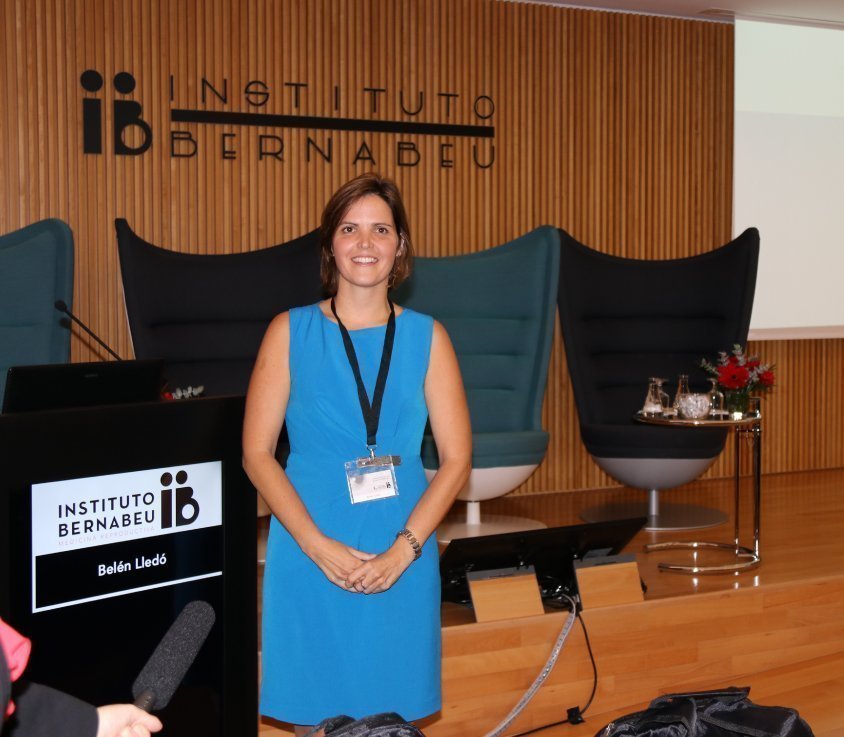Instituto Bernabeu addresses the importance of extending the use of genetic compatibility tests in order to ensure that babies are born free of hereditary conditions
Genetics tests carried out prior to conception mean that children can now be born free of certain illnesses. Molecular biology experts in the Instituto Bernabeu Genetics Department at IB Biotech will enable couples to have children who are free of health conditions thanks to the most groundbreaking techniques using the very latest technology. The Director of the Molecular Biology and Genetics Department at Instituto Bernabeu, Dr Belén Lledó, will participate in the Genetics in Gynaecology, Obstetrics and Fertility event due to be held in Valencia on 18th January and will address the importance of these techniques and their use.
The molecular biologist from Instituto Bernabeu will speak about the use of the genetic compatibility test (GCT) within the general public given its importance in terms of preventing the birth of children with genetic abnormalities. The expert will deliver a speech on experience in the IB Biotech genetics laboratory where analysis of more than 600 of the most prevalent recessive disorders is carried out. Using a simple blood sample and in a short space of time, an analysis can be used to determine if a couple carry the same mutated gene which, together, poses a real risk of transmitting the condition to their children. Thanks to next generation sequencing techniques and using the very latest technology, the molecular biologists at IB Biotech have increased the number of genes that are analysed and, therefore, provide an increased guarantee of children being born free of genetic conditions.
Dr Lledó will explain that the GCT is routinely used at Instituto Bernabeu on all gamete donors (both ova and spermatozoa). The recommendation is for this test to be compared with the results of the receptor. Thanks to this test, at Instituto Bernabeu 6% of all donations are ruled out because a genetic mutation that could potentially be inherited by the future baby is detected.
The screenings that were previously used and that were based on a single illness have been improved upon thanks to progress in genetics techniques.









